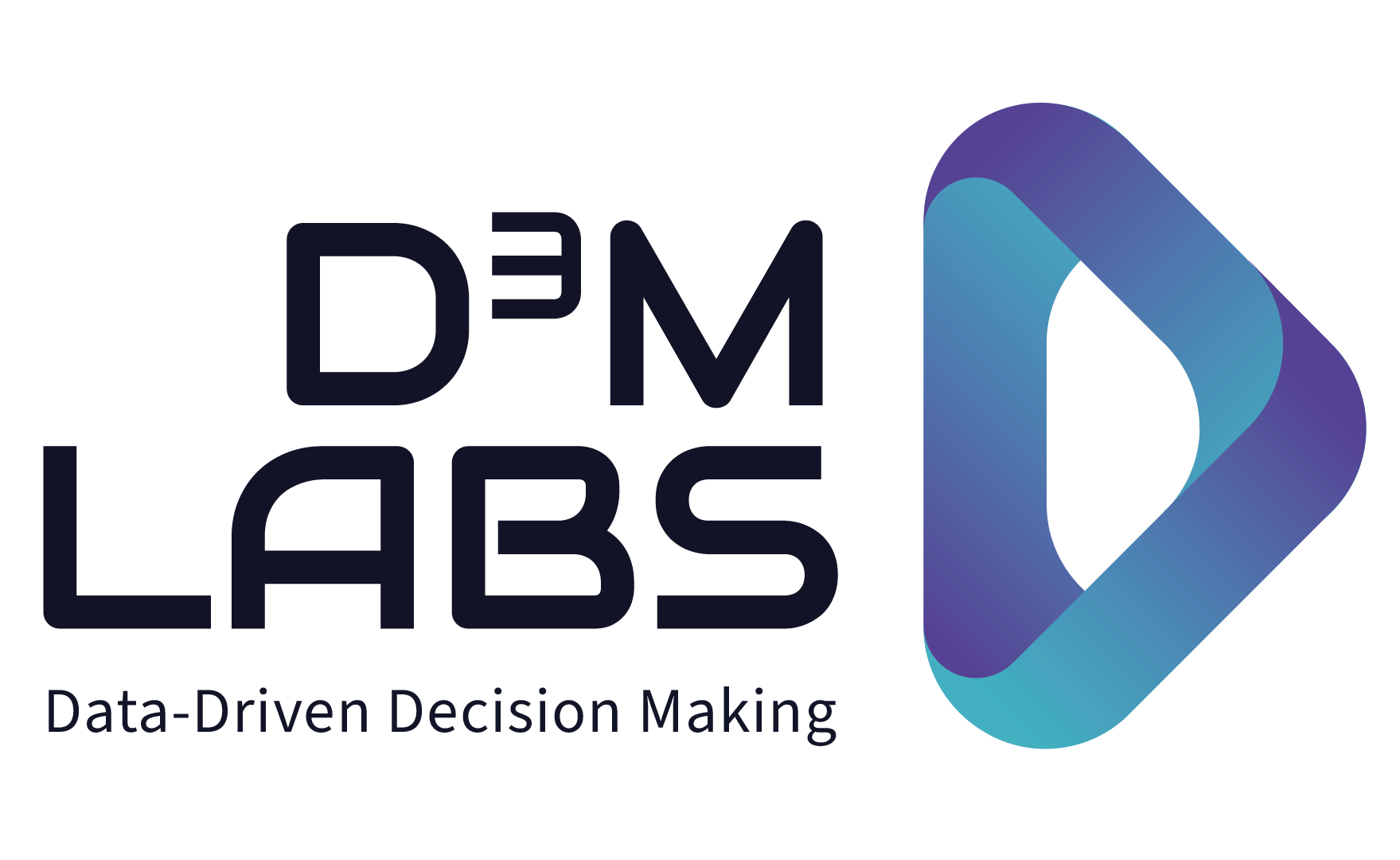Do you want to take your marketing to the next level by using data? Elizabeth Press founder of D3M Labs shared her experience on how to boost your marketing effectiveness through data-driven insights with Betahaus Academy in advance of their joint workshop Marketing with Data Workshop. Here are some of her thoughts!
Monetizing customer relevancy through data-driven insights is key for any successful modern marketing campaign. Modern marketers work in a hypotheses-driven manner, using data to gain customer insight. Consumers and B2B customers have grown used to marketers understanding who they are, their behaviors, as well as when and how they want to communicate with you.According to Adweek, the biggest drivers of data-driven marketing are:
- Becoming more customer-centric
- Gaining more knowledge of customers and prospects
- Maximizing effectiveness and efficiency of marketing investments
WHAT IS LEAD GENERATION AND WHY IS IT SO IMPORTANT?
Lead generation is the process of attracting, identifying and qualifying individuals who are interested in purchasing your product or service. By generating leads, you are building relationships with future customers. There are two main types of lead generation activities:
- Outbound Lead Generation: This is the more traditional form of lead generation, where the marketer initiates the contact.
- Inbound Lead Generation: Here is where the customer comes to you through SEO, content marketing or through other paths along the customer journey and customer buying cycle. When combined with perceptive customer insight, this can be a highly effective tool for growing your business.
WHAT ARE THE FIRST STEPS TO GENERATING LEADS BY USING DATA?
The first steps are defining meaningful customer segments, knowing what drives customers to purchase your product or service and understanding customer buying cycles and the customer journey. Modern marketers go about doing this by creating hypotheses. They then prove or disprove their hypotheses by using data. Here are some key concepts:
- Customer Segments: These are how you define the group of people or organizations who you hypothesize will buy your product or service. Customers can be segmented based on traits, behaviors, needs and more. Traditionally, demographics have been widely used in B2C and Firmographics (# employees, industry, etc.) in B2B. As data analytics grows more sophisticated, the customer segmentation options increase as well.
- Customer Persona or Profile: These are attributes that define your customer segment. Your job as a marketer is to understand customer preferences, behaviors and most importantly pains (problem your product or service will solve) and gains (what value they will get from purchasing your product or service).
- Customer Buying cycle: This is the process that customers go through when buying a product or service. It can be broken down into 1) Awareness 2) Consideration
3) Purchase 4) Delivery/After sale - Customer Journey:  This is the individual journey that customers take from awareness to purchase and often has an omni-channel form. That means that customers make their decisions and progress through their buying cycle based on on-line and off-line interactions. An adept data-driven marketer knows how to map out the customer journey and important decision points.
MANAGING THE MARKETING AND SALES PIPELINE AND DEFINING KPIS
Marketers use pipelines to measure the evolution of a lead to revenue and repeat business. Marketers, sales professionals and software vendors have numerous ways to define pipeline. How you will design your pipeline measurement and management depends largely on your product and market.
GETTING STARTED ON YOUR DATA STRATEGY
Once you have your hypotheses regarding customer segments, buying cycles and journeys in place, as well as a good measurement framework for your marketing and sales pipeline, you will need to create a strategy for collecting and managing data. D3M Labs helps companies get an overview of how to plan and execute a data strategy, as well as use tools such as Google Analytics, MailChimp and other more sophisticated tools to validate hypotheses.
ARE YOU A COMPANY?
D3M Labs can help your team increase marketing and sales effectiveness by designing and implementing a marketing analytics and busin.
Contact us: Elizabeth.Press@d3mlabs.de
This article was originally published on Betahaus Academy Magazine’s website.


